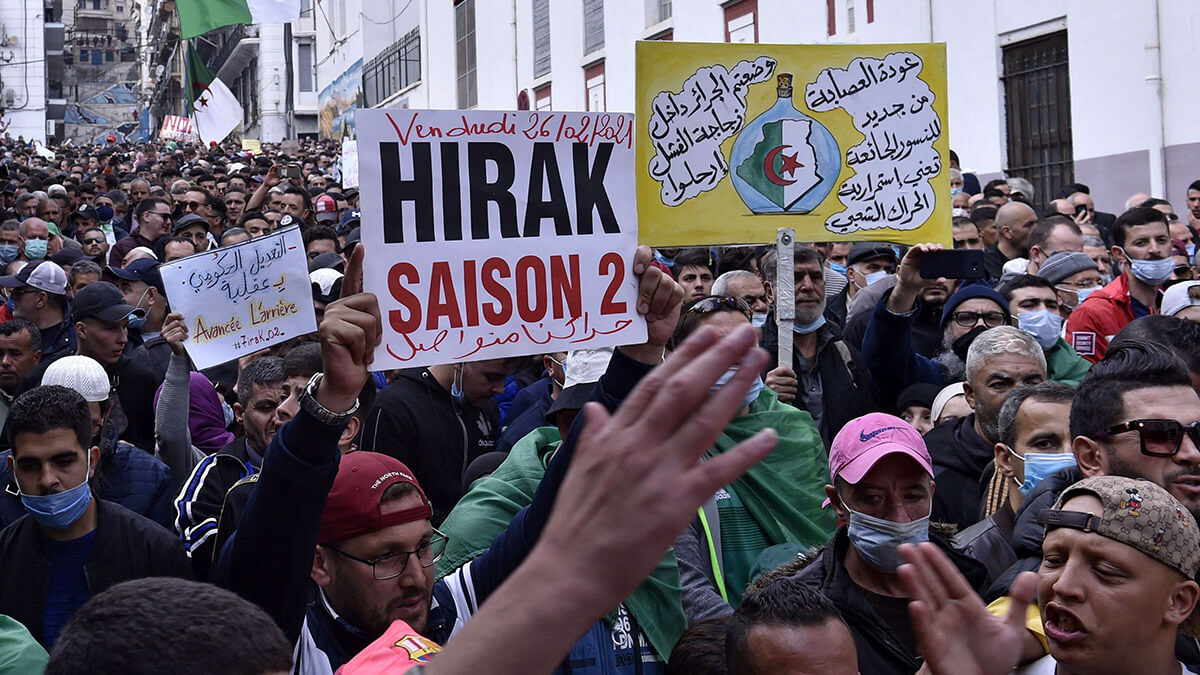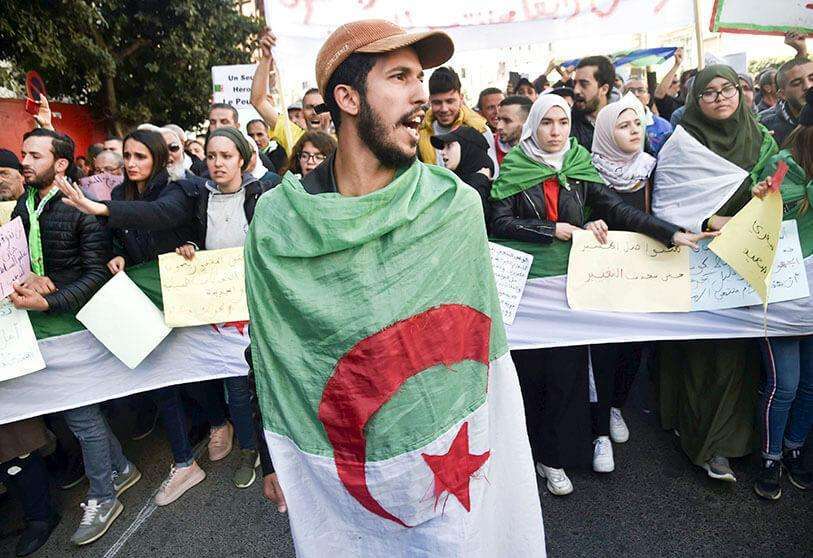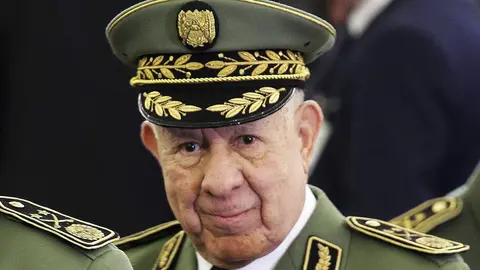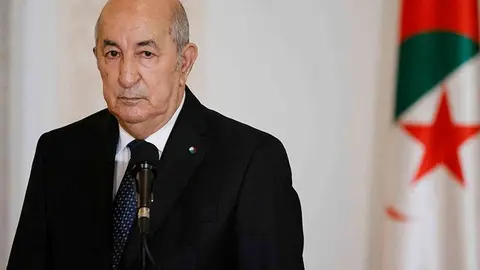The spectre of the hiraq, the presidential election, Kabylia and the dark thoughts of a government gone mad

A few weeks after the celebration of the "uprising of smiles", commonly known as "the hirak", which swept away much of the regime of the late President Abdelaziz Bouteflika, the Algerian government is in full swing and is multiplying the scenarios capable of annihilating this popular uprising, which risks undermining a totally defenceless government.
Generally well-informed sources indicate that the scenario of seizing the popular neighbourhoods of the country's major cities to nip the first demonstrations in the bud is opposed by that of "prevention", which envisages the arrest of the main figures of the hiraq a few days before 19 February. This began on 29 January, with the arrest of the young Mohamed Tajadit, a hiraq poet. There is also the scenario of a demonstration organised by the secret services and the police, as happened on 19 October in support of Palestine. A well-organised demonstration involving thousands of soldiers and police in civilian clothes.
A resurgence of the popular Hirak movement could cause unsuspected damage. It will begin by exacerbating the infighting between the different security services, which have long been engaged in an all-out war, one of whose battles ended with the dismissal of police chief Farid Zineddine Bencheikh on 8 January. This has led some security service chiefs to devise the most sordid plans to protect themselves from any unpleasant surprises.
One such plan is being considered by General Djebbar Mehenna, head of external security, who has already tasted the dark days of prison as a victim of the February 2019 hirak, to provoke unrest in Kabylia, his home region, which he knows well.
According to sources close to the inner workings of the Algerian government, General Djebbar Mehenna has launched an operation to recover weapons buried in the far south of the country, on the borders with Mali, and move them to Kabylia. He has just recovered the map of the weapons buried by "Abderrazak le para". His real name is Amari Saïfi, also known as Abou Haydara, a former paratrooper born on 23 April 1968 in Guelma (Algeria), of a French mother and Algerian father, and leader of the Salafist Group for Preaching and Combat (GSPC). He has been held in Koléa prison (a stone's throw from Algiers) since his capture. He has never been tried since he was extradited by Libya on 27 October 2004.

The map of the weapons he had buried on the borders of the Sahel countries was handed over to a man called Amrouche Noureddine to be transferred to Kabylia, according to our sources. Some of these weapons passed through the office of General Djebbar Mehenna, including a Beretta FS 92 semi-automatic pistol and a Kalashnikov. The operation was coordinated by Colonel Mouadh, whose real name is Souaï Zerguine, General Mehenna's chief of staff and a man he trusts. According to our sources, the weapons buried in Tilabiri, Tinzaouatine and Aguelhouk, on the Malian borders, were transferred and buried in Sidi Aïch, in the wilaya of Bejaïa, in the region of Petite Kabylie, where four Kalachnikov rifles were buried. In Boukhalfa, on the outskirts of Tizi-Ouzou, a Kalachnikov rifle, four Beretta pistols and a pump-action rifle have been buried since last November. And in Mekla, in the wilaya of Tizi-Ouzou, two Makarov pistols, two boxes with 50 9mm bullets and a box with 6 grenades were buried. The ammunition was allegedly used to provoke a semblance of an armed uprising, and suspected militants of the Movement for the Self-Determination of Kabylia (MAK), who were presented as members of an armed militia acting under the orders of Ferhat Mehenni, were arrested.
On 29 January, Ferhat Mehenni, leader of the MAK, denounced, in a tweet on the X platform, this masquerade prepared by the Algerian secret services "with the aim of provoking unrest in Kabylia, where a new repression, fiercer than the previous ones, will be followed by a golden opportunity to stage a coup against Tebboune on the basis of his inability to deal with the situation".
Ferhat Mehenni adds, as if to remind the international community: "Our organisation has no connection whatsoever with any armament or temptation of physical violence.

The coup plotters behind this criminal plan have no need to bloody Kabylia again in order to depose Tebboune on the basis of their incompetence. Their incompetence is on display every day in their clownish speeches.
These factious services would do better to accept the Malian authorities' offer of good neighbourliness than to arbitrarily accuse them of supplying arms to the Kabyles".
Since the Tebboune-Chengriha duo came to power, the Kabylie has become the ideal scapegoat for the worst problems, as was the case on 21 August 2021, with the lynching of young Djamel Bensmaïl, who had left his fiefdom of Miliana to help his friends in the Kabylie put out the fires ravaging the region. Although the images that circulated on social networks, and which are still available, clearly show that the perpetrators of this cowardly murder were agents of the security services, the authorities were quick to blame the MAK. About forty Kabyle youths have been sentenced to death and another dozen to long prison terms.
According to the inhabitants of Kabylia, "one senses that something is afoot". In Biziou, in Ighzer amokrane, and in Akbou, on the other side of the Soummam, military troops have been stationed for three months. Landowners are forbidden to go to work in the fields. There is a feeling that there is a risk of an explosion at any moment.
The Kabylia scenario may provide an opportunity to shorten Tebboune's mandate a few months before it expires, and those in charge will give themselves a few months or even a few years' respite to organise a tailor-made presidential election, once they have resolved their differences.











